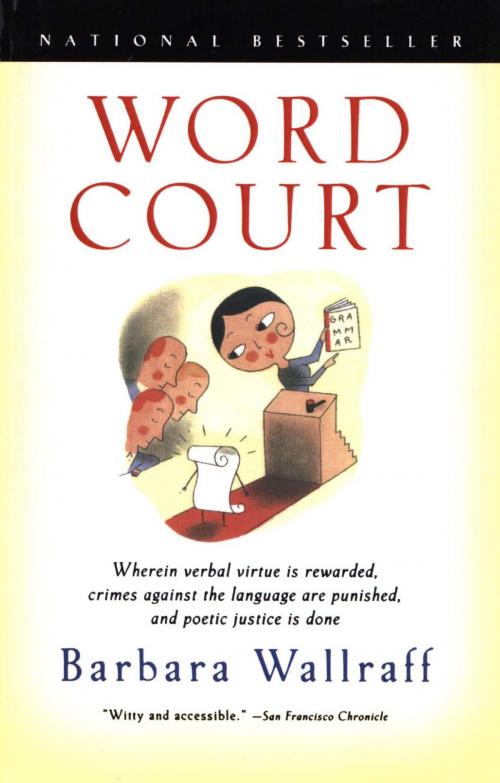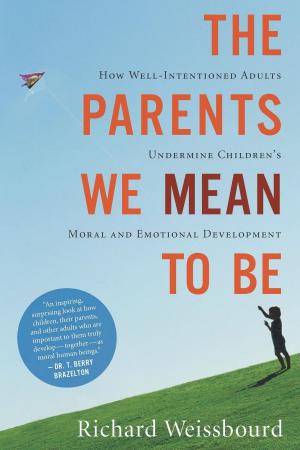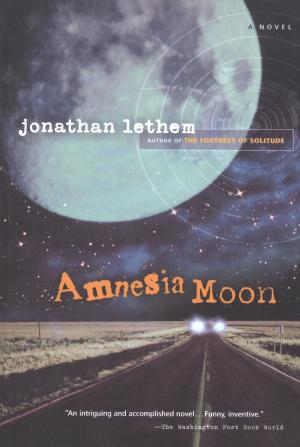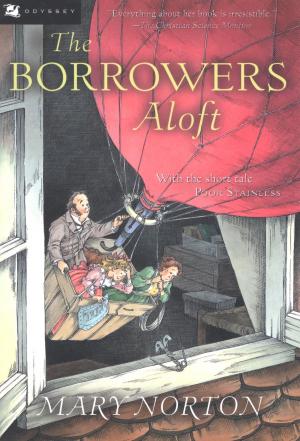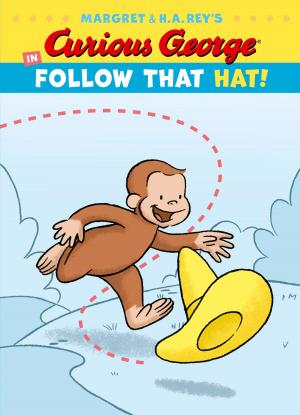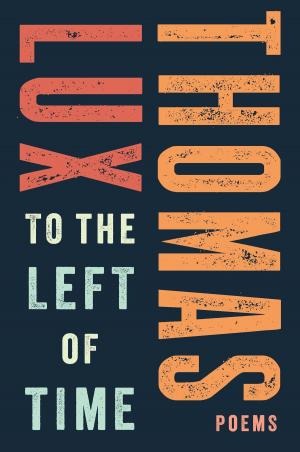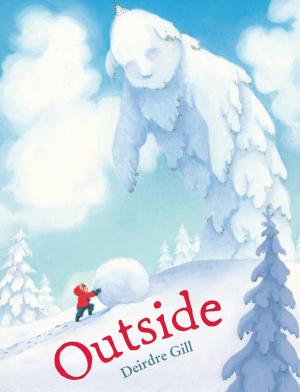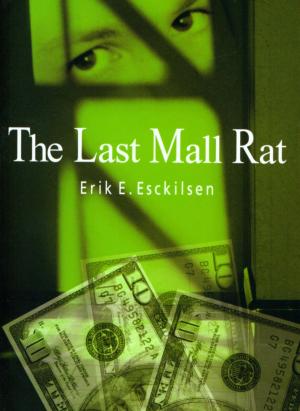Word Court
Wherein verbal virtue is rewarded, crimes against the language are punished, and poetic justice is d
Nonfiction, Reference & Language, Language Arts, Linguistics| Author: | Barbara Wallraff | ISBN: | 9780544109933 |
| Publisher: | HMH Books | Publication: | September 24, 2012 |
| Imprint: | Mariner Books | Language: | English |
| Author: | Barbara Wallraff |
| ISBN: | 9780544109933 |
| Publisher: | HMH Books |
| Publication: | September 24, 2012 |
| Imprint: | Mariner Books |
| Language: | English |
In 1993, the Atlantic Monthly's senior editor Barbara Wallraff began answering grammar questions on America Online. Instantaneously the site became one of AOL's most popular forums, as questions, and responses to Wallraff's responses, came flooding in. This vibrant exchange became the bimonthly "Word Court" in the Atlantic Monthly, and the "Miss Manners of Grammar" was born. In Word Court, Wallraff moves beyond her column to tackle common and uncommon items, establishing rules for such issues as turns of phrase, slang, name usage, punctuation, and newly coined vocabulary. With true wit, she deliberates and decides on the right path for lovers of language, ranging from classic questions-is "a historical" or "an historical" correct?-to awkward issues-How long does someone have to be dead before we should all stop calling her "the late"? Should you use "like" or "as"-and when? The result is a warmly humorous, reassuring, and brilliantly perceptive tour of how and why we speak the way we do.
In 1993, the Atlantic Monthly's senior editor Barbara Wallraff began answering grammar questions on America Online. Instantaneously the site became one of AOL's most popular forums, as questions, and responses to Wallraff's responses, came flooding in. This vibrant exchange became the bimonthly "Word Court" in the Atlantic Monthly, and the "Miss Manners of Grammar" was born. In Word Court, Wallraff moves beyond her column to tackle common and uncommon items, establishing rules for such issues as turns of phrase, slang, name usage, punctuation, and newly coined vocabulary. With true wit, she deliberates and decides on the right path for lovers of language, ranging from classic questions-is "a historical" or "an historical" correct?-to awkward issues-How long does someone have to be dead before we should all stop calling her "the late"? Should you use "like" or "as"-and when? The result is a warmly humorous, reassuring, and brilliantly perceptive tour of how and why we speak the way we do.
